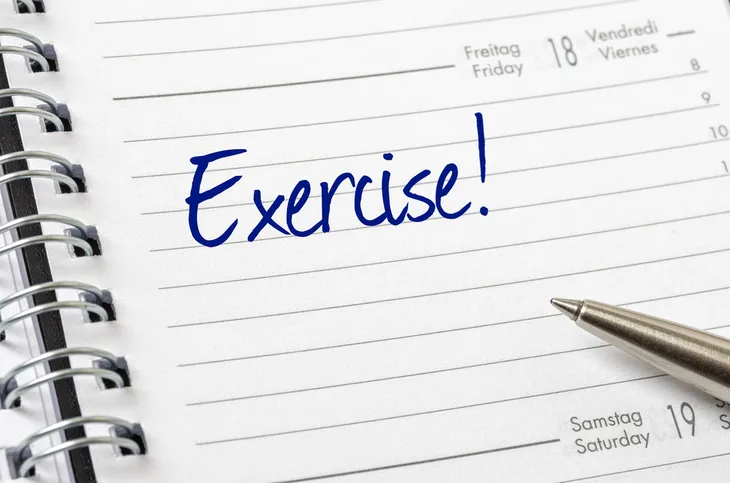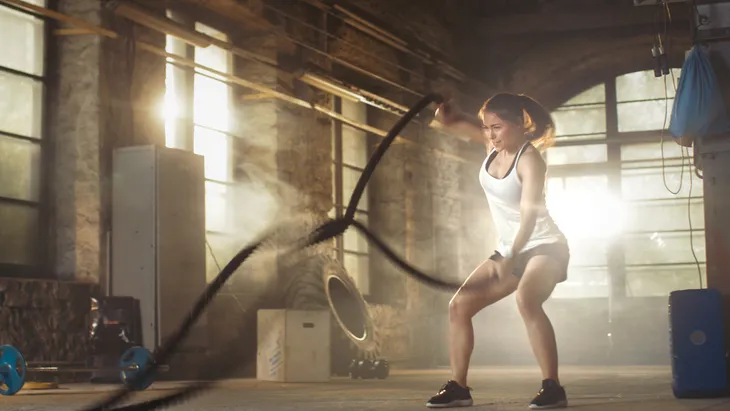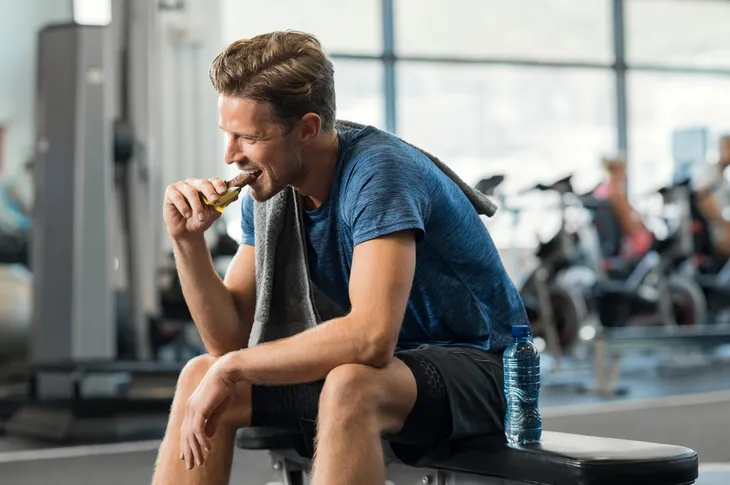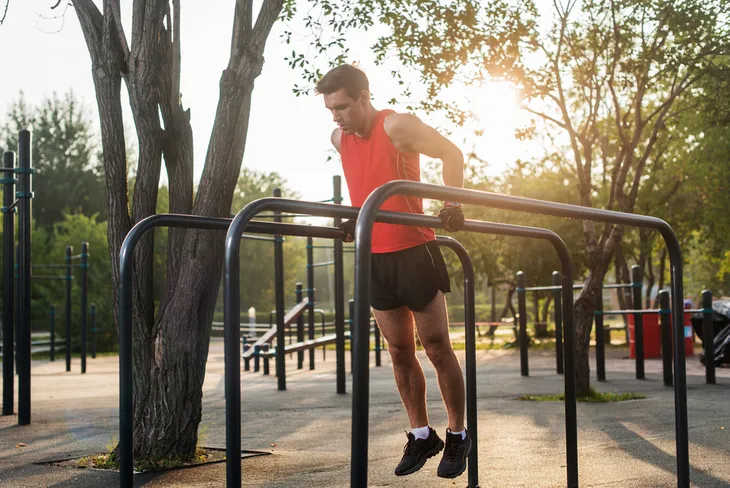There’s no denying that reaching your fitness goals—whether that means losing weight or getting in the best shape of your life—can be incredibly challenging. It requires dedication and a commitment to having intense and sometimes lengthy workouts on a consistent basis. And that’s not to say anything about making the necessary changes to diet.
For many people who find themselves in a situation where they’re trying to reach a challenging fitness goal, having a truly worthwhile workout can be difficult to achieve. So, how can you train your mind and body to workout longer and harder than you’ve done in the past?
Don’t Forget to Rest
For someone eager (or even desperate) to reach their fitness goals, it can be hard to fathom taking a day or two each week to rest. But it’s an absolutely critical part of the fitness process. Failing to take at least a couple days each week to rest your muscles could leave to physical and mental exhaustion and may leave you with a serious injury, which will only set you back further.
So, don’t feel bad about taking rest days. Try to avoid stringing together more than three straight high-intensity workout days before taking a day to rest your muscles. If you’re worried taking such breaks could negatively affect your progress, be sure to eat sensibly on those rest days.
Keep Moving
Want to sabotage your own workout? Then take long breaks between every set. Not only will you make that workout unnecessarily long, you’ll let your heart rate drop to a point where you’re burning few, if any, calories.
If you want to boost your chances of reaching your fitness goals, whatever they may be, don’t let off the throttle when in the middle of a workout. By reducing the amount of rest time between sets, you’ll keep your heart going and increase your chances of burning fat and calories.
Stay Focused
To get the most out of your workouts and increase your chances of having longer and more intense exercise sessions, give those workouts the respect they deserve. That means scheduling your workouts in, and treating them like an important meeting you might have in your job. In other words, dedicate a set amount of time to your workout, and don’t let anything distract you. Avoid all calls—unless they’re emergencies—and try to avoid flipping around the internet and text messages on your phone.
The cost of failing to do so? You’ll be more likely to lose focus on what you’re doing and, beyond that, interest in your workout. Before you know it, you’ll be in the change room getting ready to go home, having missed your opportunity to make positive steps towards your fitness goals.
Concentrate on Intense Exercises
Here’s one of the best tips you’ll ever learn as you inch closer to your fitness goals: not all exercises are created equally. Some are just far more intense, which means they have the potential to build muscle faster, get heart rate up quicker, and help you burn fat and calories more efficiently. Ideally, you focus on exercises that work multiple muscle groups in a short period of time.
Some great examples: burpees (especially jumping burpees), box jumps, kettlebell swings, jumping squats, and frog squats. Once you’ve tried all of these exercises, you’ll notice a few common features: for one, they’re all very challenging and will leave you gasping for air. Second, all of them should raise your heart rate very quickly. And third, none of them require you to use any complex equipment.
Don’t Run on Empty
Should one eat a meal before going to the gym or afterwards? It’s a question many professional and amateur athletes struggle with on a daily basis. In many ways, the answer depends on your own personal preference, but it also has a lot to do with the amount of food you eat and the type of food you consume.
Generally speaking, though, to enjoy a longer and harder workout, you should avoid starting your routine on a completely empty stomach. At the same time, you should carefully avoid overeating prior to getting physical. Ideal pre-workout meals are actually closer to snacks, and include energy bars, smoothies, fruit, and salads. You could also benefit from a jolt of caffeine, so consider pairing your moderate meal or snack with a cup of coffee.
Try Intervals
Here’s a tough truth: you may not build up your endurance by enjoying slow or moderate workouts, whether that involves jogging, cycling, swimming, or hitting the machines. To truly build up your strength and give yourself the tools to work out longer and harder, you should consider trying high-intensity workouts, including intervals.
Intervals can include just about any type of exercise—the key is stepping up your pace to a point you can only maintain for a short period of time. By interchanging periods of high intensity exercise and rest, you can train your body to endure more, thereby helping you workout for longer.
Mix it Up
Building endurance and giving yourself the ability to work out longer and harder takes more than just pushing your cardio training. You also need to build strength, and that means you need to focus on mixing up your training. By incorporating strength training into your routine, you can build a wider variety of muscles and, perhaps most importantly, build lean muscle.
That said, by expanding your workouts to include both cardio and strength training, you’re putting more pressure on your body, including your muscles, lungs and heart. For that reason, it’s important to take rest days on a regular basis—at least a couple each week.
Change it Up
If you’re becoming bored with your workout routine and find yourself working out for less time in a less intense way, then there’s a good chance you haven’t changed up in a while. That means it’s time to try something new—it’s a critical part of working out longer and harder.
So, if you’ve been running a lot lately, and find yourself getting bored with it, try cycling, spinning, hot yoga, zumba, or even something radically different, like ballroom dancing. Check your local classifieds to see what physical activity classes and programs are available. Keep in mind that the change doesn’t have to be forever, but making some adjustments can help you stay interested in physical exercise and work towards building your overall endurance.











